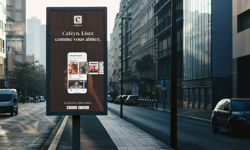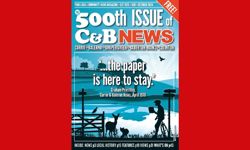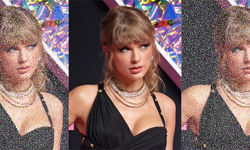A number of Bell Pottinger executives had been secretly recorded by journalists from the Bureau of Investigative Journalism (BIJ) who were posing as 'clients' seeking advice on a public relations strategy for the Uzbekistan government.
Bell Pottinger argued that the subterfuge employed by the BIJ was unnecessary; that there was an insufficient public interest to justify the use of subterfuge and the material that resulted from it; that the presentation of the coverage had sensationalised the story and created a misleading impression that wrongdoing had been exposed. The firm said that no wrongdoing had been exposed; the coverage had downplayed the emphasis placed by staff members throughout the conversations on the need for a genuine commitment to reform in Uzbekistan, and subterfuge was in any case unnecessary as it would have provided information about its work to the reporters if asked openly.
The newspaper argued that there was a strong public interest in the story. It explained the background to its decision to publish the BIJ's story (for which it took full editorial responsibility), including an explanation of why the BIJ had decided to investigate the lobbying industry, why it had targeted Bell Pottinger (and other PR firms), and why it had decided to use subterfuge. The newspaper had decided to proceed with publication of the story because it believed that readers had a right to know about the firm's apparent willingness to work with a regime that would remain "brutal" even if some reforms were put in place, and that the public would otherwise be denied knowledge about how such regimes could gain political access and alter public perceptions.
In its adjudication, the Commission noted that the newspaper's actions were a clear prima facie breach of Clause 10 of the Code, which states that "the press must not seek to obtain or publish material acquired by using hidden cameras or clandestine listening devices". The test was whether a sufficient public interest defence could be established. The Commission noted that the journalists had been investigating various claims that had been made about the activities of Bell Pottinger and other public relations firms, rather than as a means of confirming a specific hypothesis about Bell Pottinger in particular, but ruled that "the means employed by the journalists had been appropriately tailored to explore the allegations made by confidential sources about the firm's activities, which raised issues of significant public interest". It acknowledged the firm's position that no "serious impropriety" had been exposed but decided that the public interest was served by subjecting the complainants' methods to "wider scrutiny and comment, particularly at a time when the possibility of imposing greater regulation on the [lobbying] industry was being debated".
Charlotte Dewar, Head of Complaints and Pre-publication Services, said: "This was a complex case which demonstrates the Commission's expectations that publications should be able to 'demonstrate fully that they reasonably believed that publication, or journalistic activity undertaken with a view to publication, would be in the public interest and how, and with whom, that was established at the time'. It also exemplifies the need for publications to have rigorous editorial processes in place - in this instance, both at the publication itself and at the external organisation which had supplied journalistic material to the newspaper - before reporting of this kind is undertaken. The question that will always be asked of any undercover investigation is whether or not it was a 'fishing expedition'. This was a fine judgment but the Commission was ultimately persuaded that the arguments put forward by the newspaper about the public interest justified the intrusion on this occasion".
The PCC is an independent body which administers the system of self-regulation for the press. It does so primarily by dealing with complaints, framed within the terms of the Editors' Code of Practice, about the editorial content of newspapers and magazines (and their websites, including editorial audio-visual material) and the conduct of journalists.
To read the adjudication in full, please click here.
The articles were originally published in the Independent on 6,7,8 and 9 December 2011.










